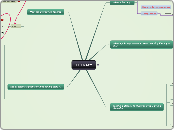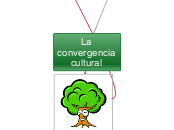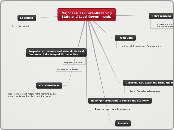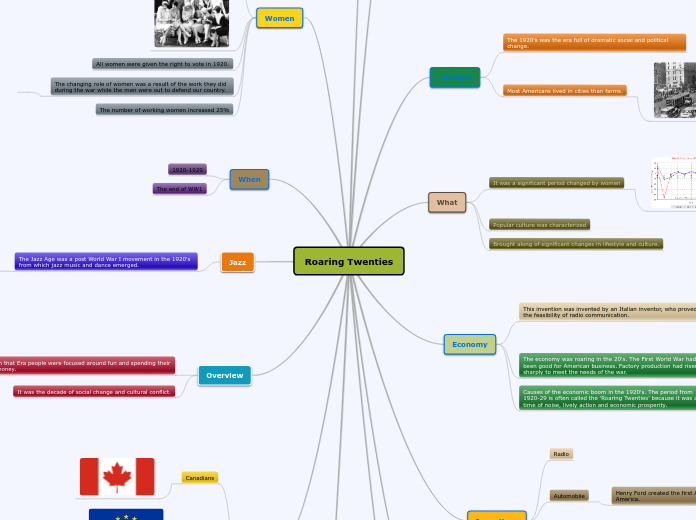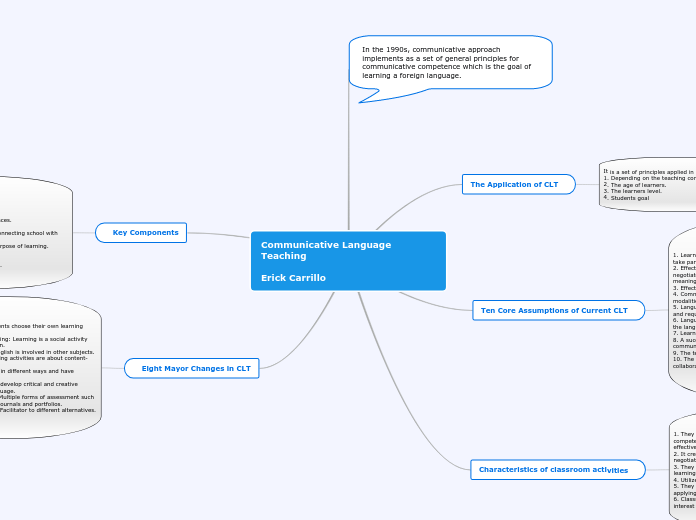visual aids
LITERACY
Literacy has traditionally been described as the ability to read for knowledge and write coherently and think critically about the written word. Literacy can also include the ability to understand all forms of communication, be it body language, pictures, video & sound (reading, speaking, listening and viewing). Evolving definitions of literacy often include all the symbol systems relevant to a particular community. Literacy encompasses a complex set of abilities to understand and use the dominant symbol systems of a culture for personal and community development. In a technological society, the concept of literacy is expanding to include the media and electronic text, in addition to alphabetic and number systems.
Use of technological tools in teaching literacy
Technology and Writing
general teaching tools
tools for reviewing text
students can hear the text, read back by an independent and non-evaluate reader.
tools for creating text
speech recognition software
small electronic keyboard
word production
tools to organize information
visual thesauruses that help students build important vocabulary and information concepts through building ideas in physical space
tools of word processing and multimadia software
to assist students with a range of difficulties
incorporation of media to present ideas
sizeable font
line spacing
spelling and grammar
Technology and Reading
powerpoint presenatations
videos
How can literacy be taught?
phonics
focus on letter, sounds and rules
it's enough to watch the first two minutes to get the idea.
charts
songs
whole langauge
identifying words on pictures
shared reading
sight words
meaningful context
Teaching literacy to students with learning disabilities
Intervention Process
specialists' itervention
intervention methods
Subtopic
scaffolding and right pace
GAME approach
kinds of learning disabilities
ADHA/ADD
dyslexia
Dyslexia - A type of specific learning disability that is neurological in origin. It manifests itself primarily as a difficulty with reading and spelling. It is separate and distinct from reading difficulties resulting from factors such as deficiency with vision or hearing, inadequate reading instruction, poor motivation, social problems or low cognitive abilities. Secondary characteristics may include problems with reading comprehension and vocabulary development.
Analysis
student's experiences
student's interests
student's background
What age is appropriate to start teaching literacy in EFL?
Most children at the second grade level are transitional readers. They are able to read unknown text with more independence than can early readers. Transitional readers use meaning, grammatical, and letter cues more fully
Most children at the first grade level are or will become early readers. They know how to use early reading strategies and can read appropriately selected text independently after a story introduction given by a teacher.
Around age 5, children enter school and begin receiving formal literacy instruction. Most children at the kindergarten level are considered to be emergent readers.
From 3 through 4 years of age, children show rapid growth in literacy. They begin to "read" their favorite books by themselves, focusing mostly on reenacting the story from the pictures
What is literacy?
Ability to write
teaching spelling
Sound- letter corespondance
Ability to read
stages of reading
silent reading vs. reading out loud
